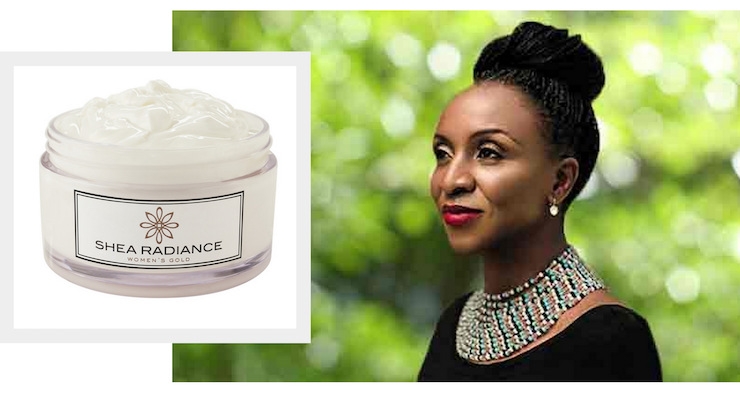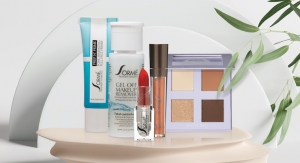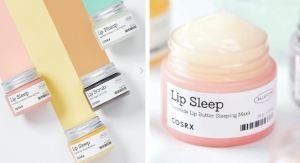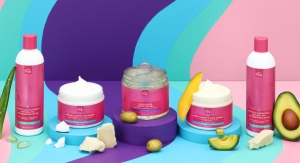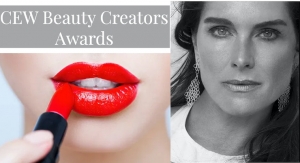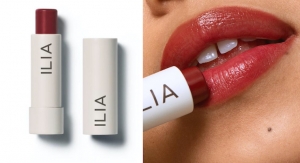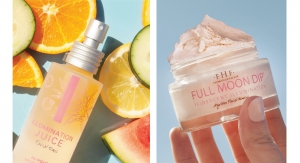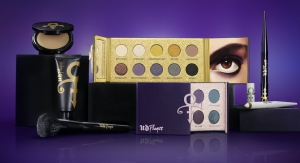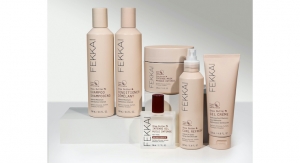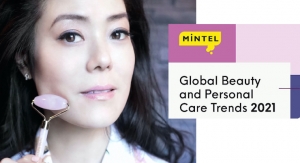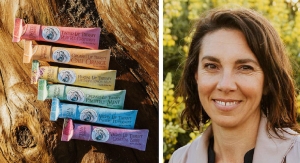Funlayo Alabi, Co-Founder, Shea Radiance10.19.17
Globally, the skincare products market is at $121 billion with the U.S. market at $11 billion and growing at an estimated growth rate of 4%. (Update: It will be worth $183 Billion by 2025.) The growth of natural and organic personal care products is currently outpacing conventional growth at approximately 9%.
It would be impossible to discuss the growth in the natural products industry without talking about how the raw ingredients that are used in these natural products are sourced.
At the risk of stating the obvious, natural oils, butters, extracts and other actives come from farms and cooperatives around the globe. Whether these farms are large to mid size commercial ventures or locally owned village cooperatives, there are men and women at the end of the supply chain responsible for the cultivation, harvesting and the production of the raw material that is then shipped out to be used as an ingredient in natural products.
Millennials Demand Transparency & Traceability
Consumers, especially Millennials report that environmental and societal impacts of the products they buy are important. They demand transparency and traceability of product ingredients. They are also curious about where things come from and how they are made.
While this trend toward more wholesome living coupled with a desire for wholesome products may be troublesome to traditional brands, it is an opportunity for companies to differentiate themselves. They can do this by sharing stories of product origin and the positive potential impact their business activities have in the communities in which they do business.
How Shea Butter Is Harvested & Processed
I started traveling to the Shea parklands in West Africa about eight years ago. My primary motivation was to understand how Shea Butter was harvested and processed in order to secure a sustainable source of premium quality shea butter.
Having an intimate connection with the women who were responsible for the harvesting and processing of shea nuts and butter completely changed the way I saw my business and how important this ingredient was, not only to my business and customers but to the women who handpicked the nuts and processed the Shea Butter.
Argan, Moringa, Marula and Baobab Oils
Like Shea Butter, many natural oils like Argan, Moringa, Marula and Baobab are cultivated and harvested in areas where they are a vital source of supplemental income for growers who are predominantly women.
Studies show that the additional income women provide can educate them and provide a better life for their children. Brands that can authentically speak to how their “hero” ingredient is sourced and the potential impact on the local economy will connect with the heart of today’s buyer of natural products.
During my travels, I learned that Shea Butter was more than a beauty product, it is used for cooking, and it is a healing balm that is used to heal small wounds and burns.
I learned that the elderly rub Shea Butter on their joints to relieve the pains of arthritis. All this wisdom was shared with me as we sat in communities chatting over Coca Cola and ground nuts. I am able to use this information to educate and inspire my customers about the value of Shea Butter.
Sustainable Sourcing is a Priority for These Brands
Brands that place a priority on sustainable sourcing invest resources to ensure that their supply chain operates in a manner that in alignment with their values.
A great example is Burt’s Bees. Shannon Hess is the associate director of responsible sourcing at Burt’s Bees and she is tasked with ensuring that processes and procedures are in place for increased transparency and traceability demanded by investors, customers, consumers and NGOs.
Even small brands can develop meaningful supply chains which can help them stand out in the marketplace. Emily Cunningham and Kwami Williams, Co-founders of True Moringa, believe that their relationship with farmers is the very core of their business. According to Emily, their intimate knowledge of their supply chain and farmers' needs and the trust they have built with communities over the years allows them to cultivate and produce the highest quality Moringa oil.
For Dr. Georgia Duerst-Lahti, poor widows inspired her to start DLG Naturals a supplier and manufacturer of wild-harvested, lab-tested botanical oils from Southern Africa. When she heard the stories of how wild harvesting helped widows generate an income, DLG was born to build a direct supply chain and help women earn an income.
The Key to Developing a Thoughtful Supply Chain
The key to developing a thoughtful supply chain is having an interest in the lives of the people you do business with. It involves creating an environment where all stakeholders, especially the most vulnerable share in the benefits of your business success.
Brands that do this have the opportunity to do great economic good even if the impact is to a few communities. The multiplier effect of economic opportunities ripples far beyond the life of a few and affects the lives of children, families and communities.

